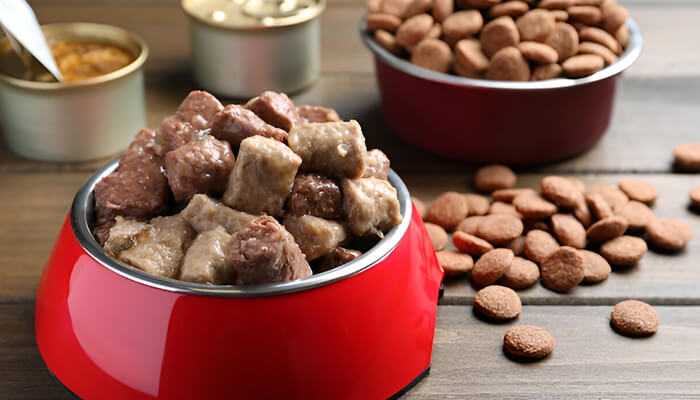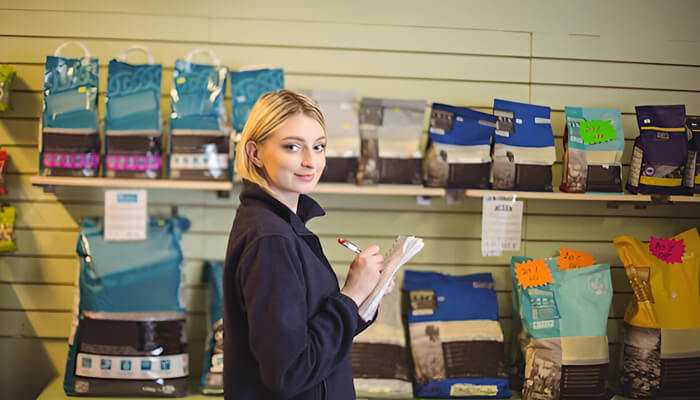Discover Sourcing Standards and Handling Protocols that Protect Pets and Retailers.
Pet retailers face mounting pressure to offer high-quality, reliable products especially when it comes to raw dog food. With consumer interest in biologically appropriate diets growing, sourcing from a trustworthy wholesale supplier is no longer optional it’s essential. But how can retailers ensure safety and consistency without compromising profitability?
Why Quality Control Matters in Wholesale Dog Food
In today’s competitive pet supply landscape, quality isn’t just a feature—it’s a liability shield. According to the Canadian Food Inspection Agency (CFIA),
improperly processed raw dog food can contain pathogens like Salmonella or Listeria, putting both animals and handlers at risk.
Retailers who align with suppliers prioritizing traceability, quality control, and industry compliance not only protect their customers but also strengthen
brand reputation. Wholesale buyers must look beyond the price tag and consider the true cost of poor quality product returns, reputation damage, and legal risk.
What Pet Retailers Should Know About Raw Dog Food Safety
Safety should be non-negotiable in raw food sourcing. While raw diets offer nutritional advantages, improper handling or unregulated production
increases contamination risk. Key practices to demand from suppliers include:
1. HACCP (Hazard Analysis Critical Control Point) compliance
2. Cold-chain logistics with validated temperature controls
3. Regular batch testing and transparent reporting
Retailers should also train staff on proper handling and storage to maintain the food’s safety post-delivery. Industry bodies like the Pet Food Association of Canada (PFAC) offer resources to help businesses maintain compliance
and stay informed on regulatory updates.
How to Vet a Wholesale Supplier for Transparency and Consistency
Consistency in product quality and delivery schedules directly impacts customer satisfaction. When evaluating a potential partner for dog food wholesale, ask questions such as:
1. What is the sourcing origin of ingredients?
2. Are quality control procedures documented and accessible?
3. How often are batches tested, and by whom?
4. What is the contingency plan for missed or delayed shipments?
Choose suppliers that offer a reliable ordering system, strong communication protocols, and published quality standards. These indicators signal a mature business ready to support yours.
Balancing Cost and Quality Without Sacrificing Standards
Retailers need to maintain healthy margins without compromising on product integrity. One approach is to partner with suppliers that streamline sourcing directly from producers. This reduces middlemen and keeps costs competitive.
Some forward-thinking vendors also offer bulk discounts, private label options, and seasonal promotions, allowing retailers to adjust inventory smartly. Building a long-term relationship with a supplier also opens up flexibility negotiating better terms or getting early access to product lines.
Ultimately, the goal is to partner with a provider who not only meets today’s needs but also scales with your business as it grows.
Conclusion
Choosing the right wholesale partner for raw dog food can feel overwhelming, but focusing on transparency, safety protocols, and supplier reliability simplifies the process. As demand for raw diets increases, your
store’s reputation will hinge on the quality of the products you offer. Take the time to evaluate your sourcing strategy now to secure lasting customer trust.
Additional Resources
Looking to deepen your understanding of raw diets and their benefits? Visit this guide on Raw dog food to explore nutritional advantages and supplier insights.
1. Raw pet food safety | Government of Canada
2. Hazard Analysis Critical Control Point (HACCP) | US Food & Drug
3. PFAC MARTHA “MARTY” WILDER HONOURARY SCHOLARSHIP | Pet
Food Association of Canada



